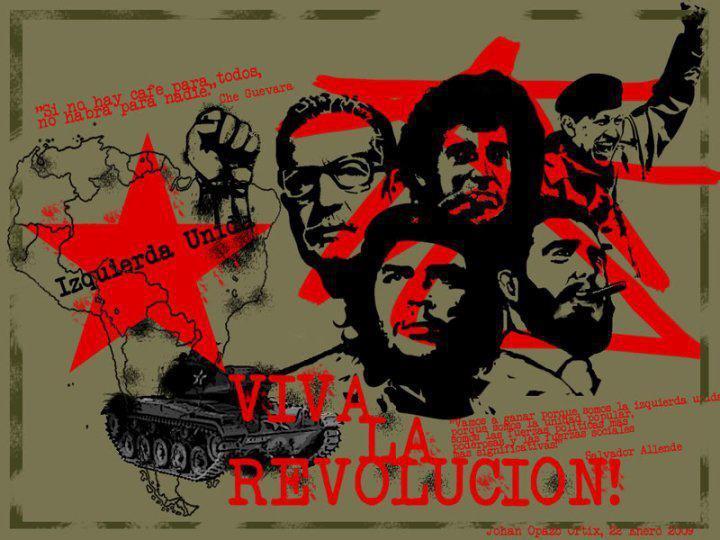US imperialism
Egypt’s military rulers help imprison Palestinians of Gaza

A Palestinian (right) in Rafah on the Gaza-Egypt border talks to an Egyptian s
Venezuela: A day with Nicolas Maduro

Nicolas Maduro interviewed by Spain's El Viejo Topo's Víctor Ríos and Miguel Riera, translated by by Tamara Pearson for Venezuelanalysis.com
September 26, 2013 -- Very little is known about Nicolas Maduro, president of the Bolivarian Republic of Venezuela, in Spain. [There’s] scarcely four lines, mainly contributed by the mass media which is hostile to the revolutionary process. Spain's El Viejo Topo wanted to get to know him, and the Venezuelan president accepted the interview without any hassles.
France: Front de Gauche leader Jean-Luc Melenchon opposes attack on Syria
Front de Gauche leader Jean-Luc Melenchon discusses the threat of a US attack on Syria, broadcast September 1, 2013.
(Updated Sept. 24) Syria: West's hypocritical war drive slowed

By Barry Sheppard
The other September 11: 'The Battle of Chile', Patricio Guzmán's classic documentary
Part 1: Insurrection of the bourgeoisie.
The legacy of Chilean socialism and Salvador Allende
For more on Chile click HERE.
By Roger Burbach
September 11, 2013 -- Futuresocialism.org -- The coup d’etat by General Augusto Pinochet in Chile on September 11, 1973, transformed the history of socialism. Almost a thousand days before, Salvador Allende and the Popular Unity coalition had taken office promising a “Chilean Road to Socialism” based on democratic principles. The government launched an agrarian reform program, recognised the right of workers to take over factories and run them collectively, took control of most of the country’s banks and expropriated multinational corporations like Kennecott and ITT, all within the framework of the Chilean constitution.
Stop the US-led war on Syria! (Updated Sept. 1)

[Below are statements from the left in Asia, from Australia, Malaysia and the Phil





